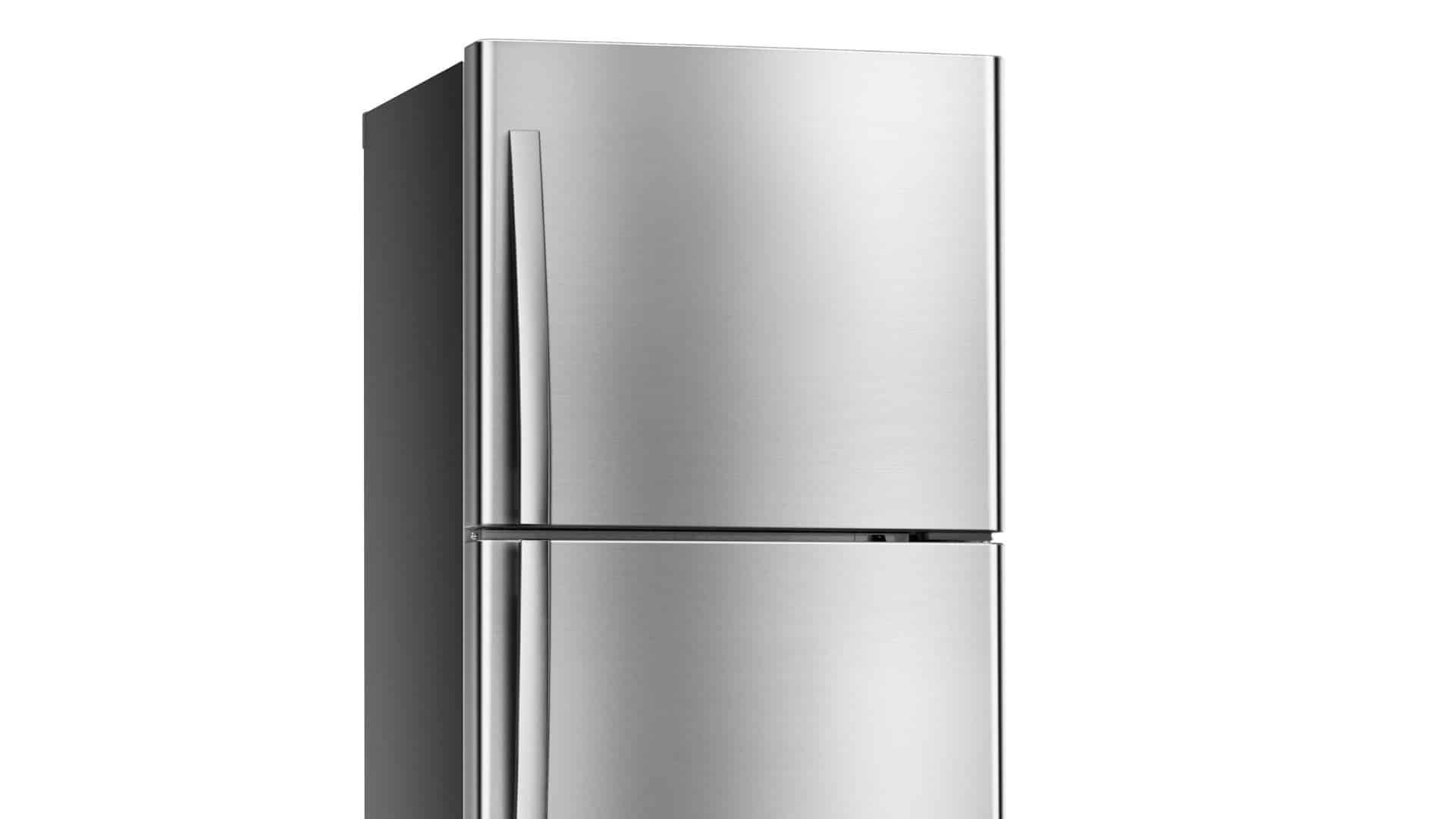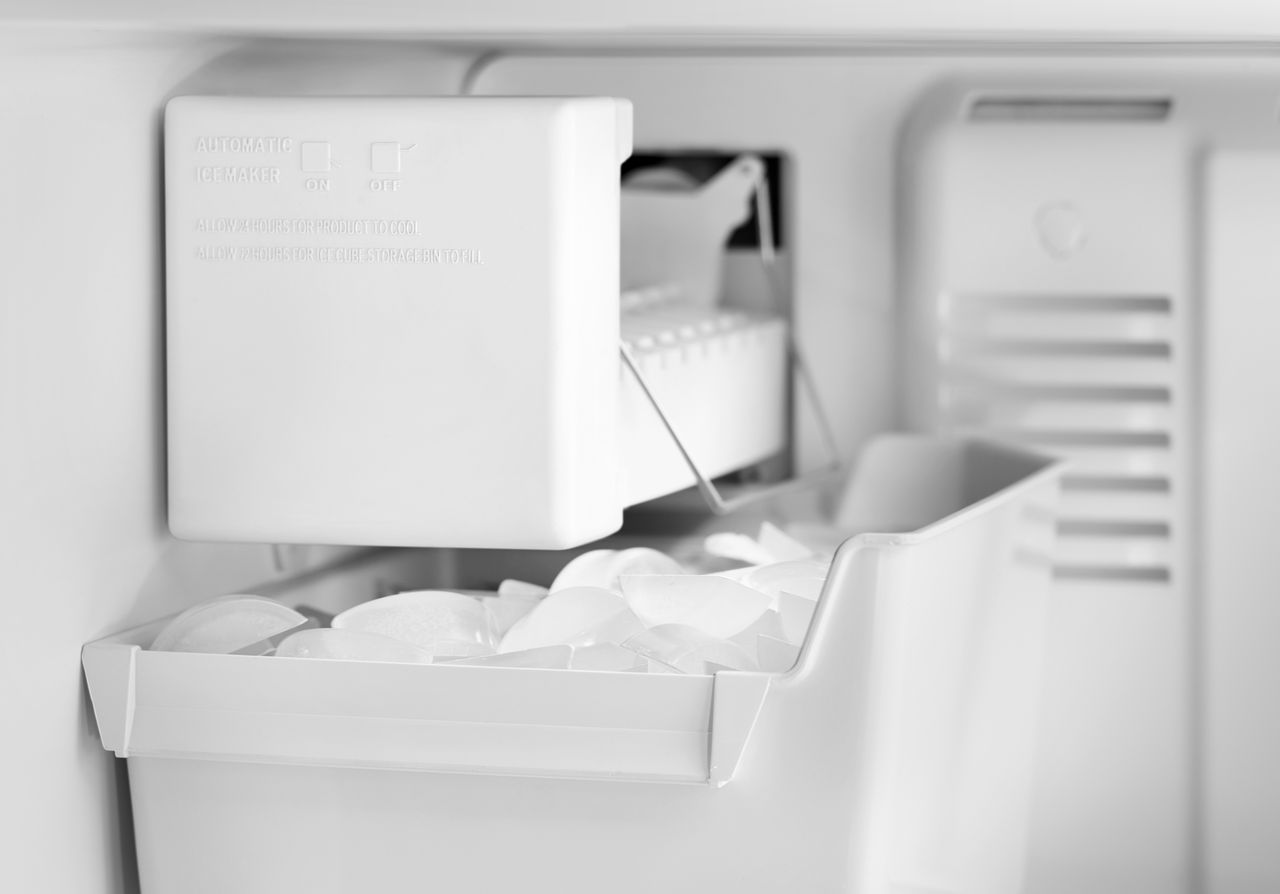
Your ice maker is one of the most helpful features in the refrigerator. While your fridge is essential to keep your entire home’s supply of perishable foods fresh until they are eaten. But when it comes to day-to-day convenience, that ice maker is an important part of most of our lives. If you use your ice maker every day or even every week, it’s easy to become reliant on the convenient ice and deliciously cold water.
But ice makers don’t work 100% of the time. Like any mechanical assembly, sometimes things break or malfunction or don’t work correctly. When your ice maker stops working, the first step is to identify the problem before you can enact repairs. Fixing your ice maker is often a simple matter of resolving whatever caused it to malfunction – and the parts involved are not complicated. An ice maker is comprised of a water line, an ice mold, and a bucket with a few moving parts to make it all work.
Let’s dive into the most common ice maker problems and how to fix them.
Ice Maker Paused or Turned Off
The easiest problem to solve is one of settings. The ice maker is not obvious when it turns off, and there are sometimes two or three different ways to pause or stop your ice maker. One member of the household could easily have accidentally switched your ice maker into an off state so that it stops making ice entirely.
If you have a digital display, you might access the ice maker controls through this panel. Press the ice maker or power buttons, press and hold to be sure, to discover if your ice maker was turned off electronically.
The most basic way to turn off an ice maker is to life the fill bar. This is a metal bar that extends from the ice maker and sits over the top of the ice bin. If the ice bin fills up, it’s supposed to push up the fill bar and stop new ice from being made. However, flipping up the fill bar manually is a common and old-fashioned way to turn off an ice maker. So flip that fill bar back down to be sure your ice maker knows that it is supposed to be running.
Misset Fridge Thermostat
Another issue could be the fridge thermostat. If your freezer is too cold or too warm, the ice maker will not work properly. The thermostat is most commonly kept inside the fridge compartment. There may be one temperature dial for the entire fridge-freezer unit. There are sometimes two separate dials, allowing you to decide how warm or cold your freezer and fridge will be separately.
Find your fridge thermostat and determine if it also applies to the freezer. If your ice is soft, make the freezer colder. If your ice is frosty or won’t fall, set it just a little warmer.
Ice Stuck in the Mold
One of the most common problems with an ice maker is misshapen ice, fractured ice, and fluffily frosted ice. This is all caused by ice bits being stuck in the ice mold. If an entire batch of ice gets stuck, no new ice can be formed ant the water line might be creating a problem as well since it cannot fill the try.
Fortunately, this fix is easy. Turn off your ice maker (flip up the fill bar) and use a pitcher to gently cover the ice maker tray in warm water. The warm water will melt away the stuck ice bits without adding any chemicals to your ice tray – making it safe to immediately begin making ice again in the maker assembly. Be sure to clean out the ice bin so that no liquid water or fractured ice remains when your tray is clear.
Icemaker is Not Level
A generally overlooked potential problem is whether your ice maker is level. If your ice maker does not hang level inside the fridge, the ice will not be level in the mold and even the ejector assembly may not function correctly. First make sure the fridge is level. Use a bubble level and test it on the bottom level of the fridge and the floor of the freezer. If these are not level, adjust the feet of the fridge until the bottom is level.
If the fridge is level, check the mounting of the ice maker itself. Ensure the screws are tight and the mounting brackets are flat. If there is a bent piece, remove and rebend it or replace it if necessary.
Clogged or Leaking Water Lines
The water line to your ice maker is essential to making quality ice. If the water line is clogged, water can’t come out and your ice doesn’t get made. Or the lines have something unsavory forming the clog and the ice you get may smell poorly. Leaking water lines are just as bad, if not worse, If a water line is cracked or a seal is broken, then leaks can occur which can form a wet or frozen mess.
Expired Water Filter
How old is your refrigerator water filter? Many people forget to change the water filter for years. Eventually, whatever is being filtered out of your tap water before it becomes ice will eventually clog your filter. Because water has to flow through the filter, when it fills with crud the water can’t get through. This results in low water pressure at best and grimy ice at worst. Change out your water filter and all will be well.
Malfunctioning or Frozen Ejector Assembly
Last but not least, let’s talk about the ejector assembly. The ejector is the feature by which ice is pulled from the ice bin and made available through the chute in the door. If your fridge has an ice ejector that isn’t ejecting, it could be one of several things. First, check for an ice dam, several pieces of ice or a layer of frost blocking the chute. From there, check the gear, the motor, and the flap to make sure each piece is working correctly. If they are not, replace the piece or the assembly to make your ice maker good as new.
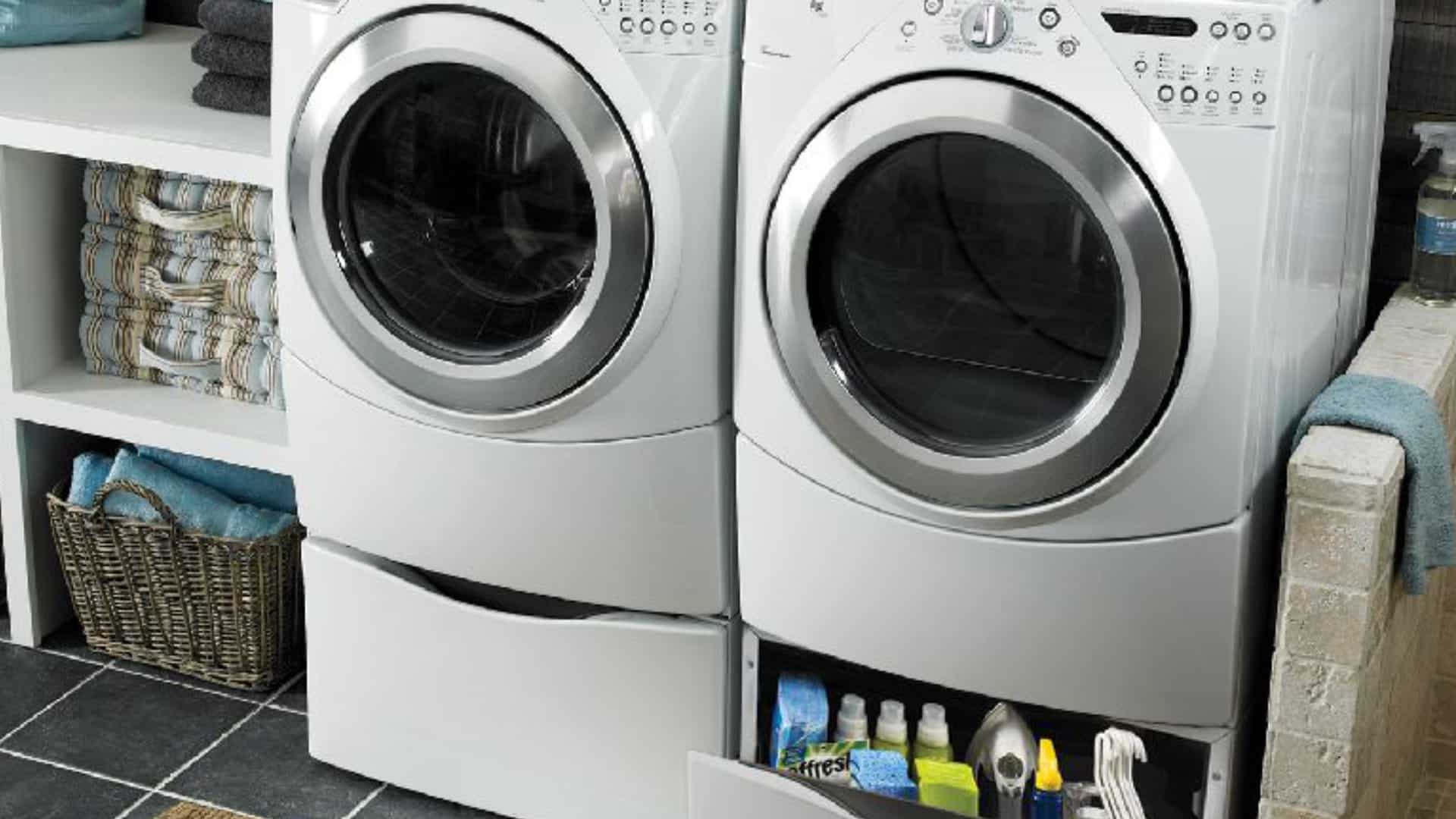
How to Fix the Whirlpool Washer F9 E1 Error Code
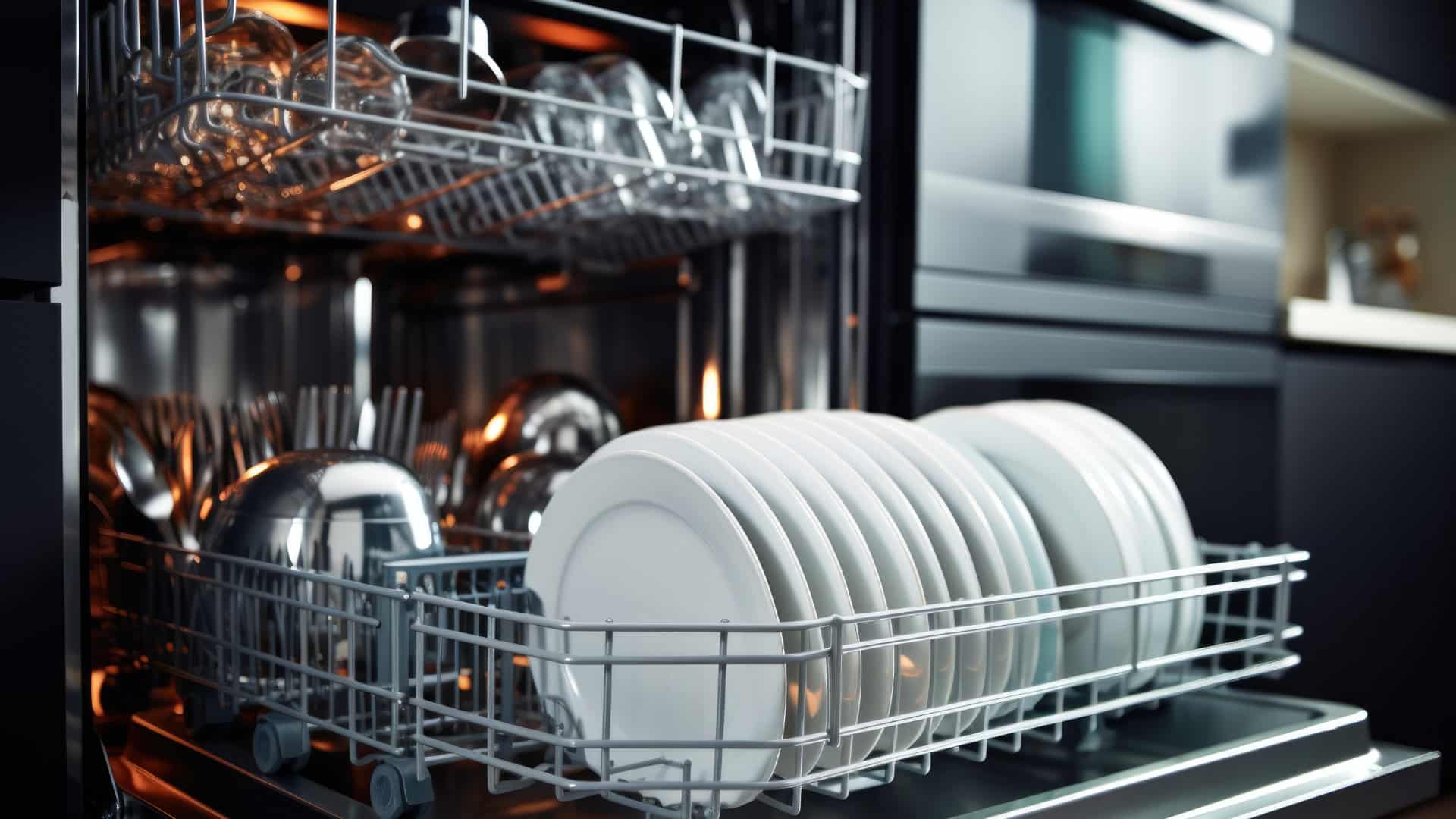
How to Solve Frigidaire Dishwasher Lights Blinking
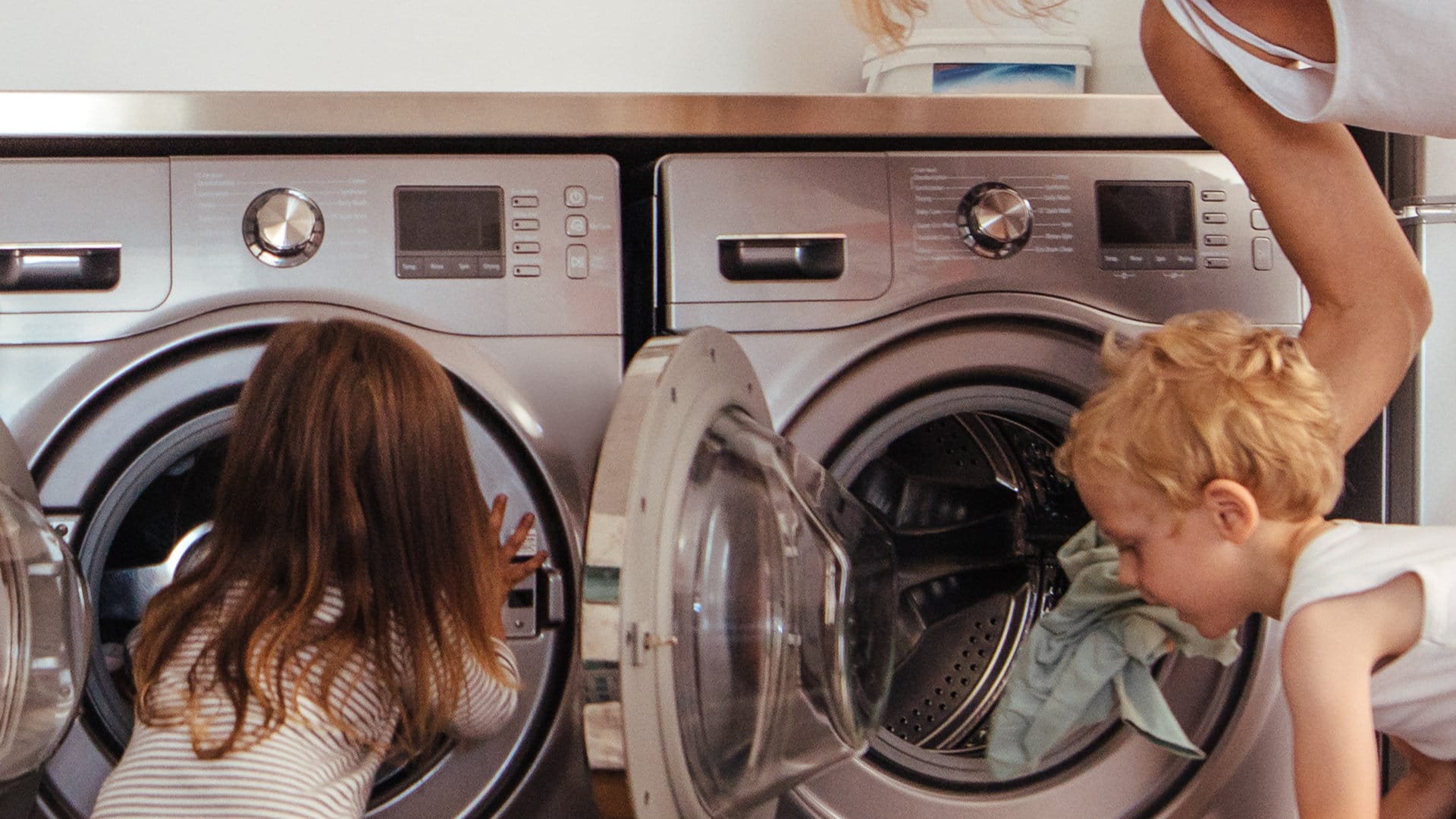
Resolving the LG Washer UE Error Code (3 Easy Fixes)
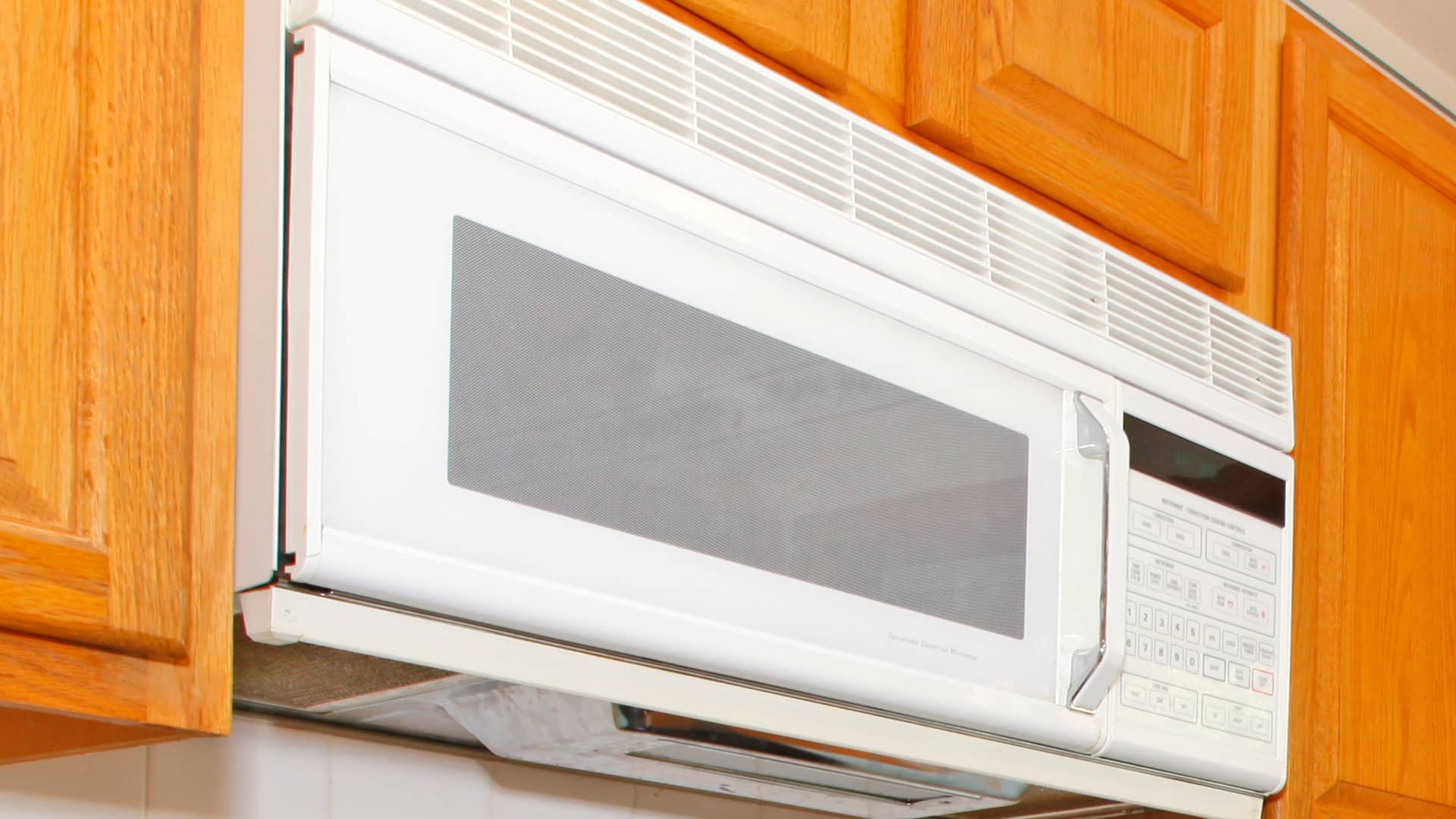
Replacing an Over-the-Range Microwave with a Range Hood
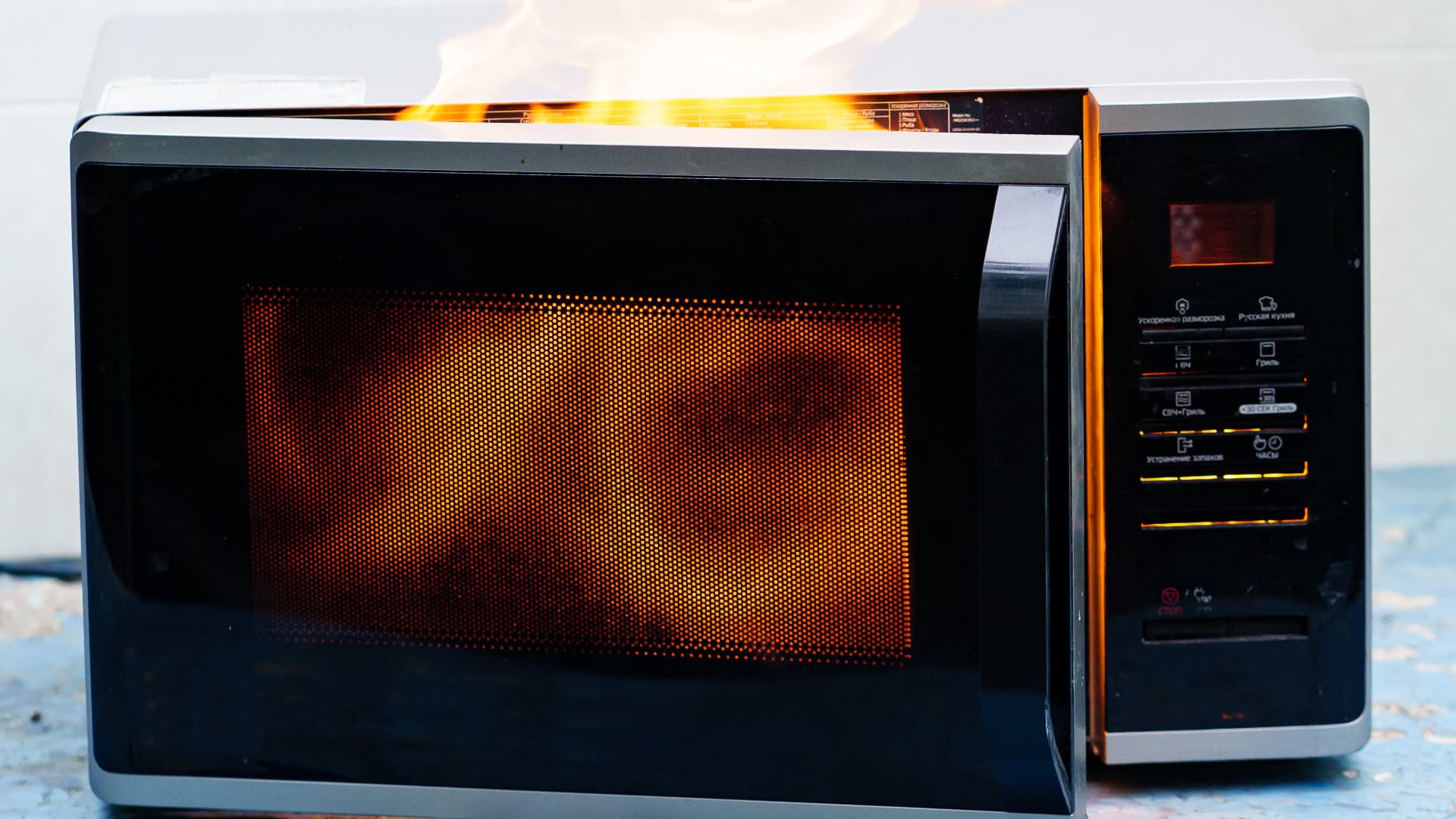
How to Get Burnt Smell Out of Microwave (In 2 Easy Steps)
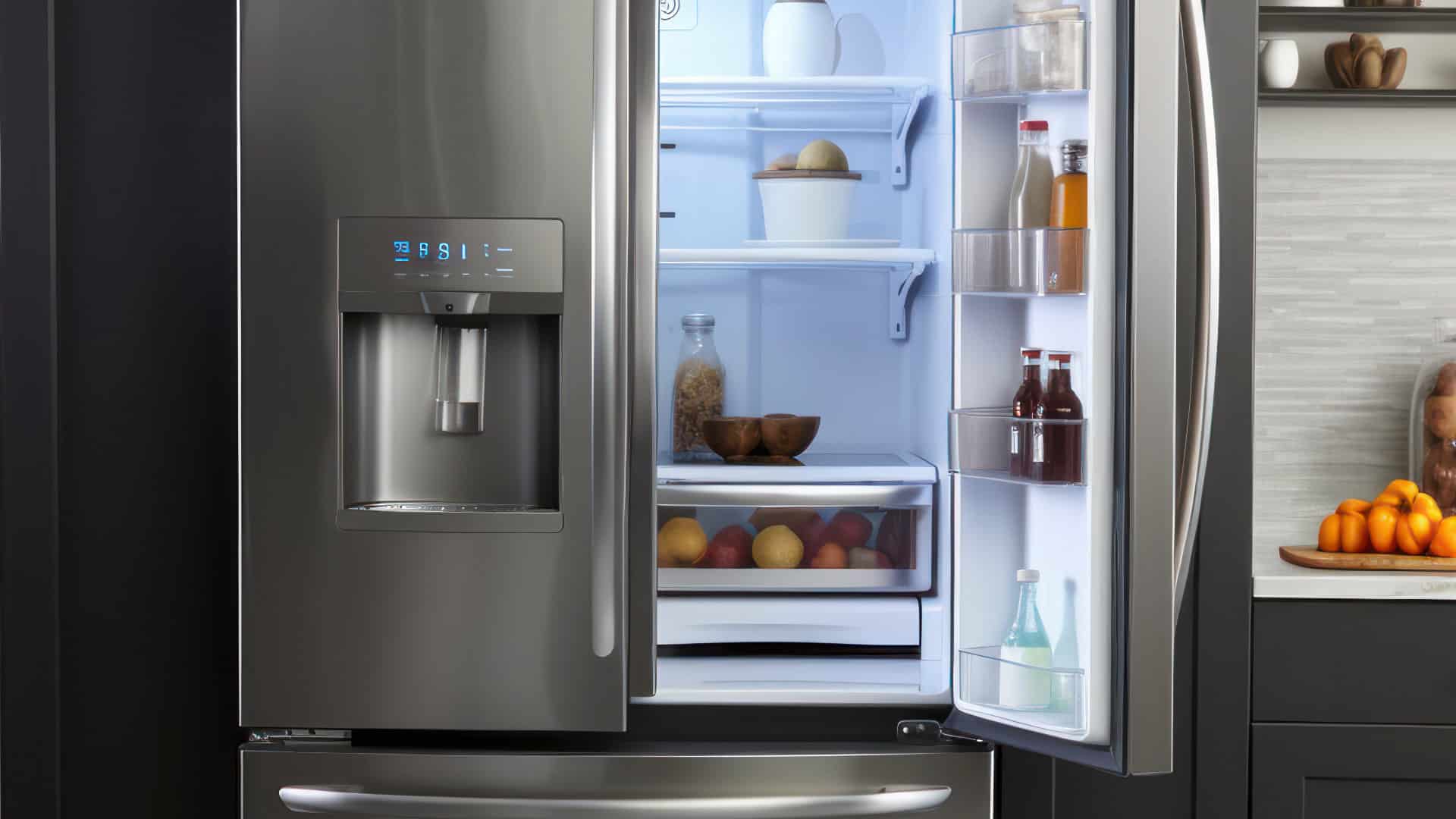
7 Reasons Why Your Bosch Ice Maker Is Not Working
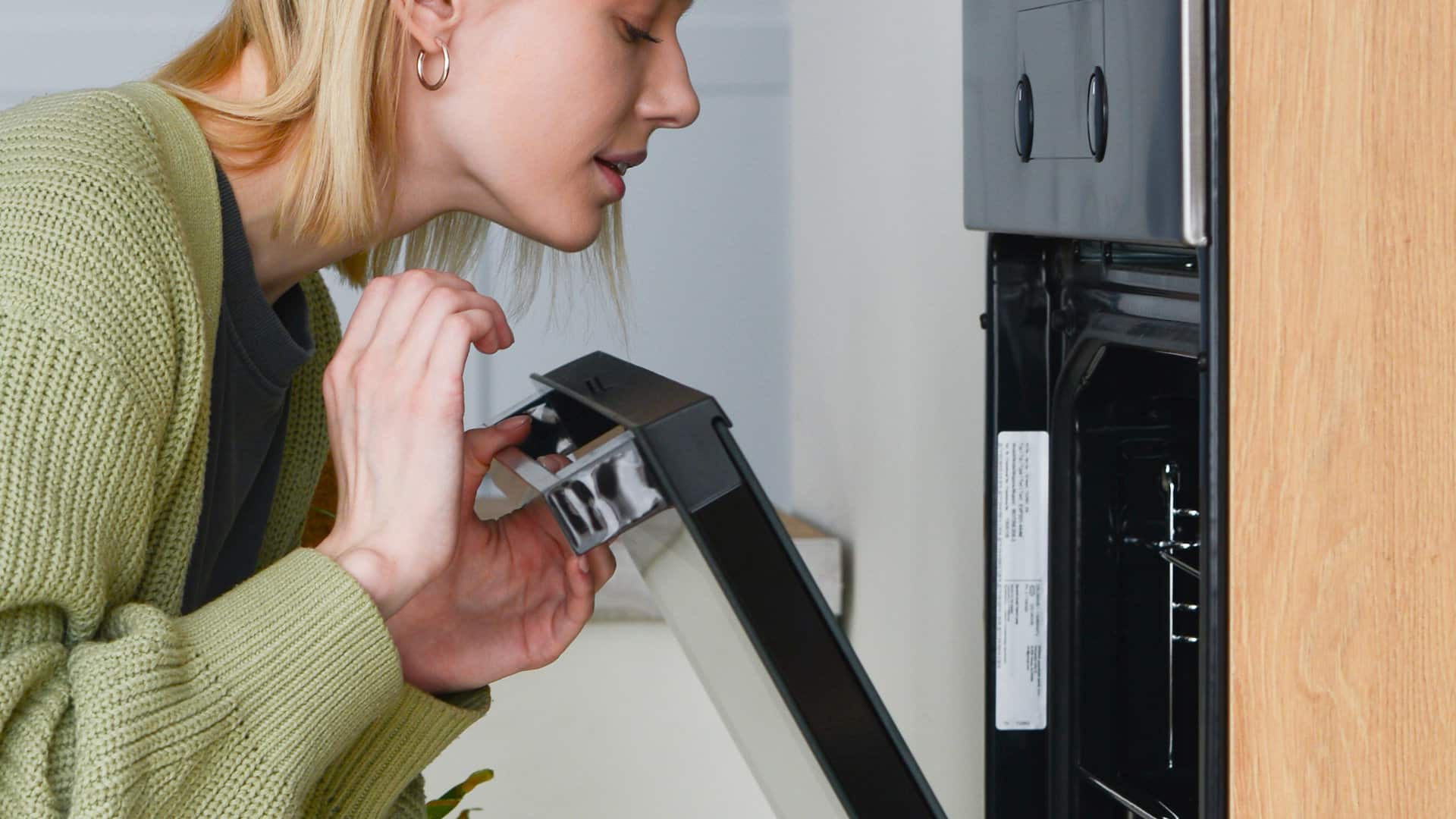
Why Does Your Self-Cleaning Oven Smell?
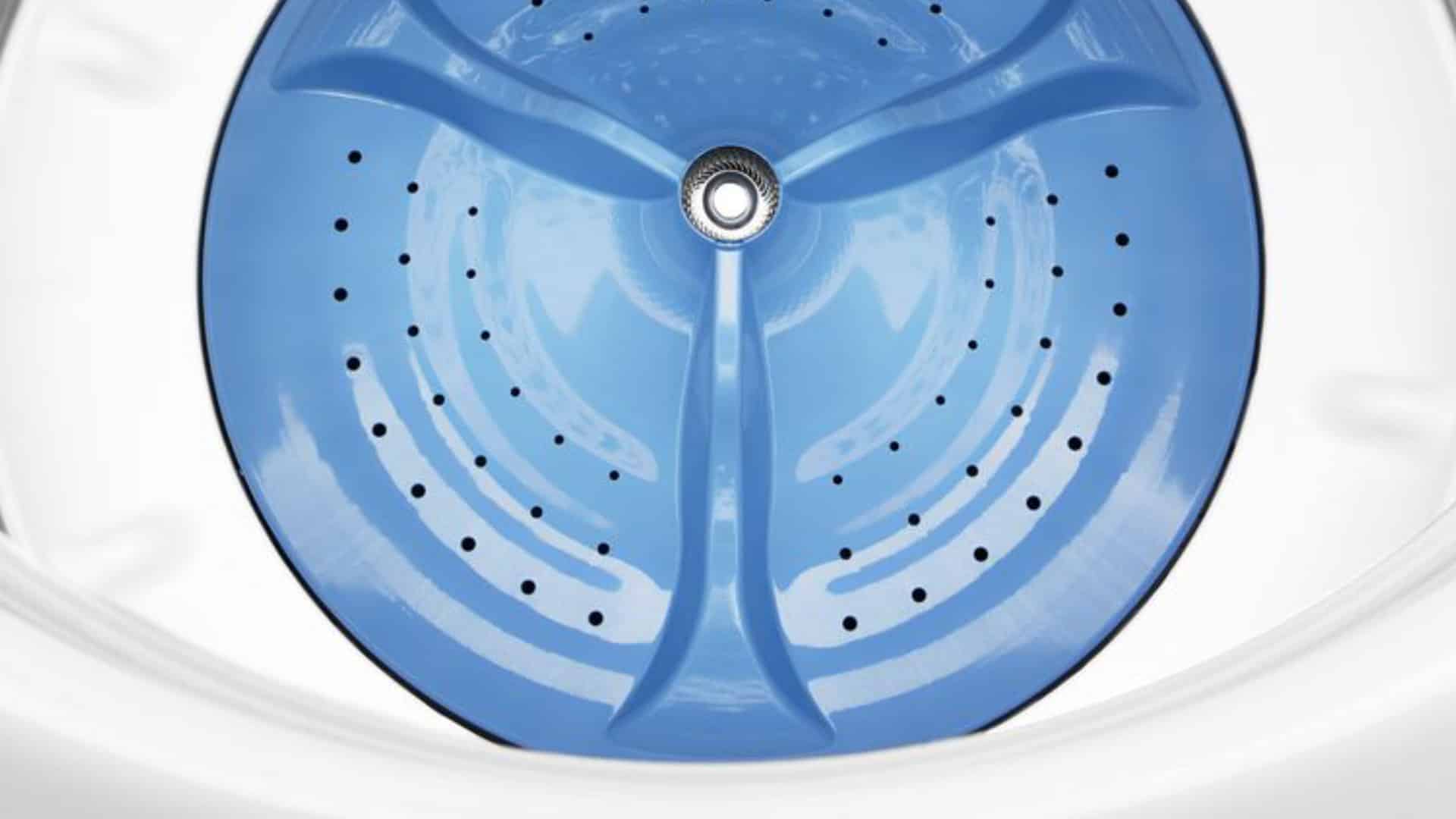
Why Is Your Whirlpool Cabrio Washer Not Spinning?
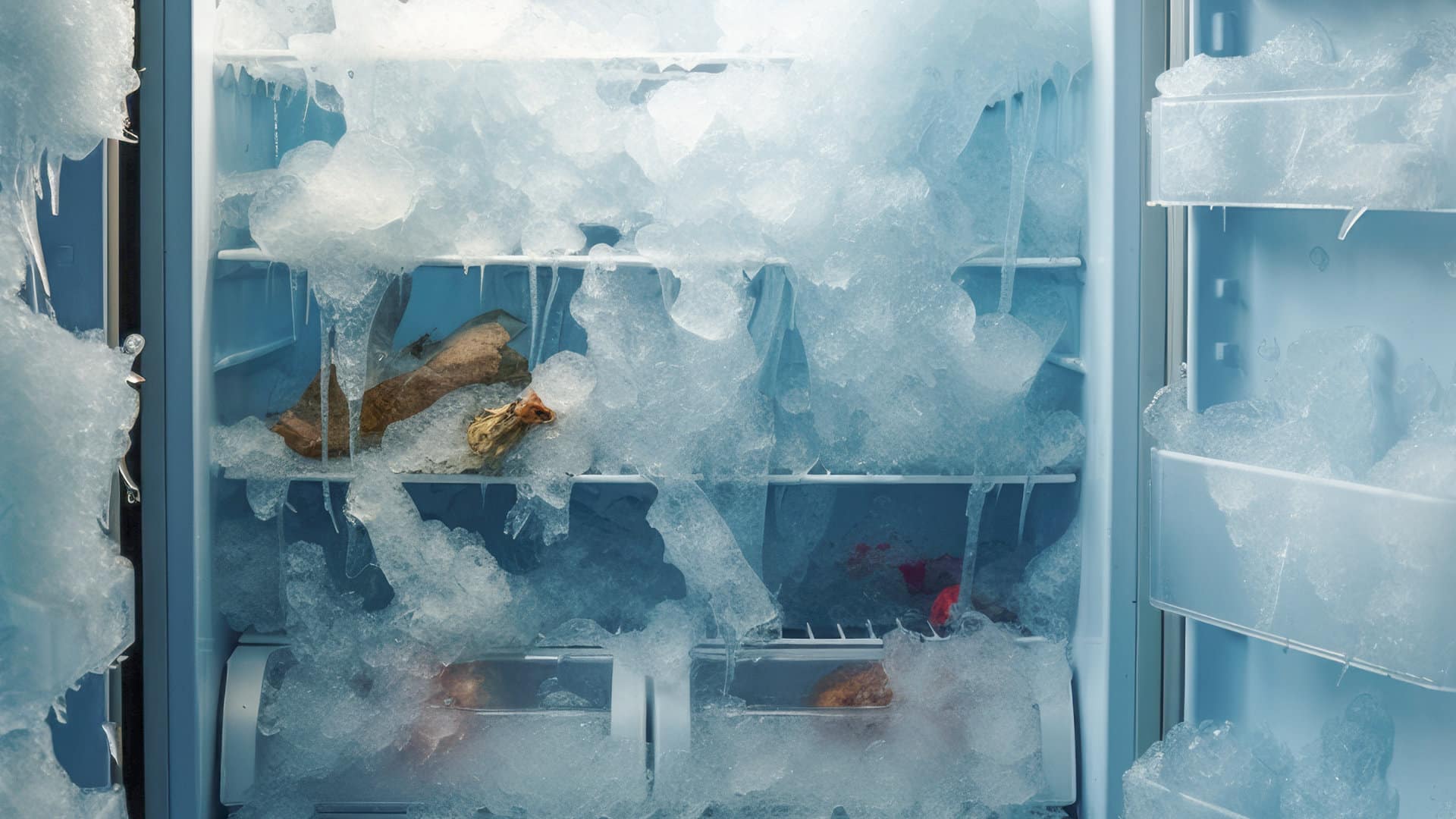
Why Does My Refrigerator Make Noise?
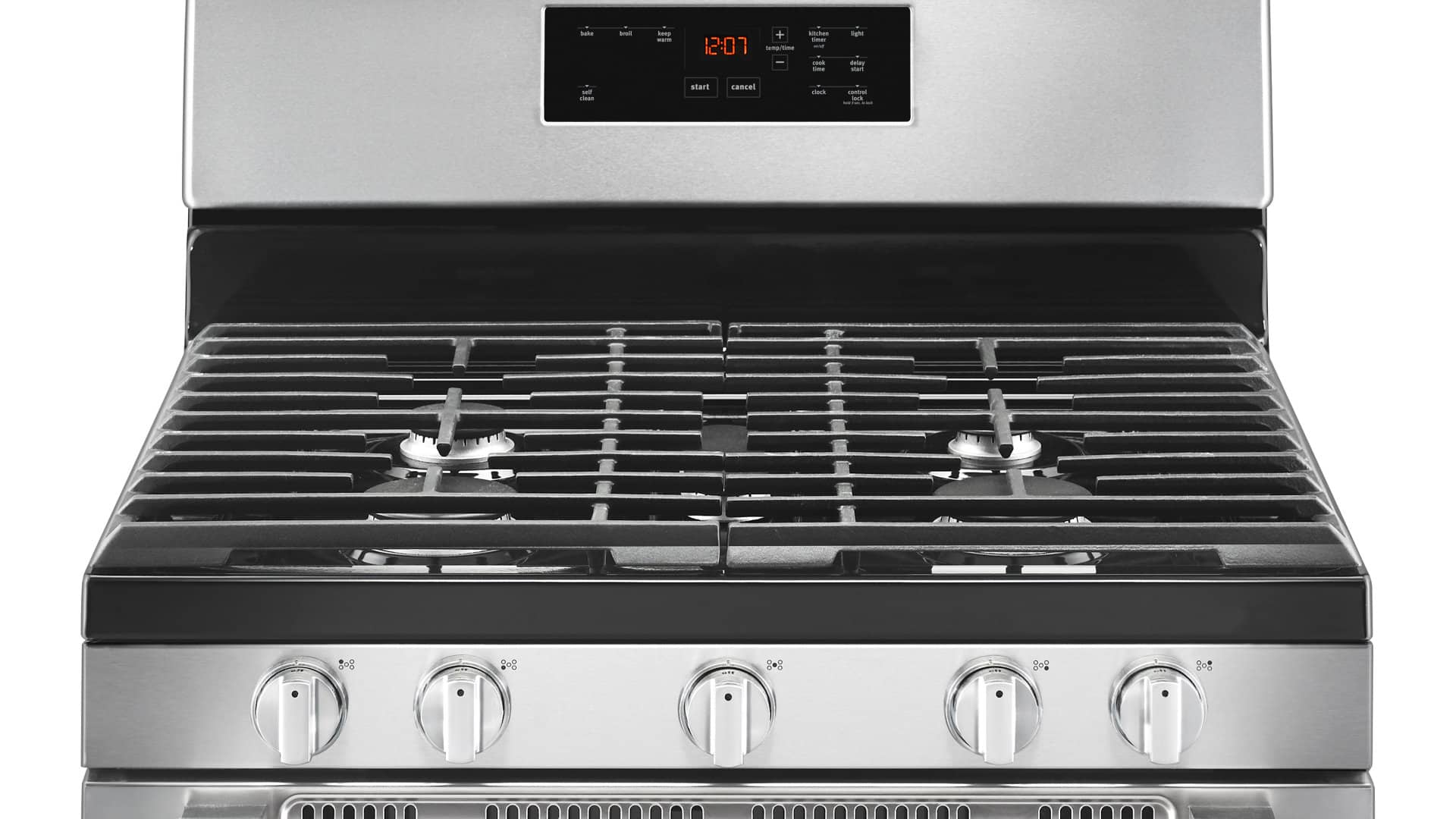
Troubleshooting the F2 Error Code on a Whirlpool Oven
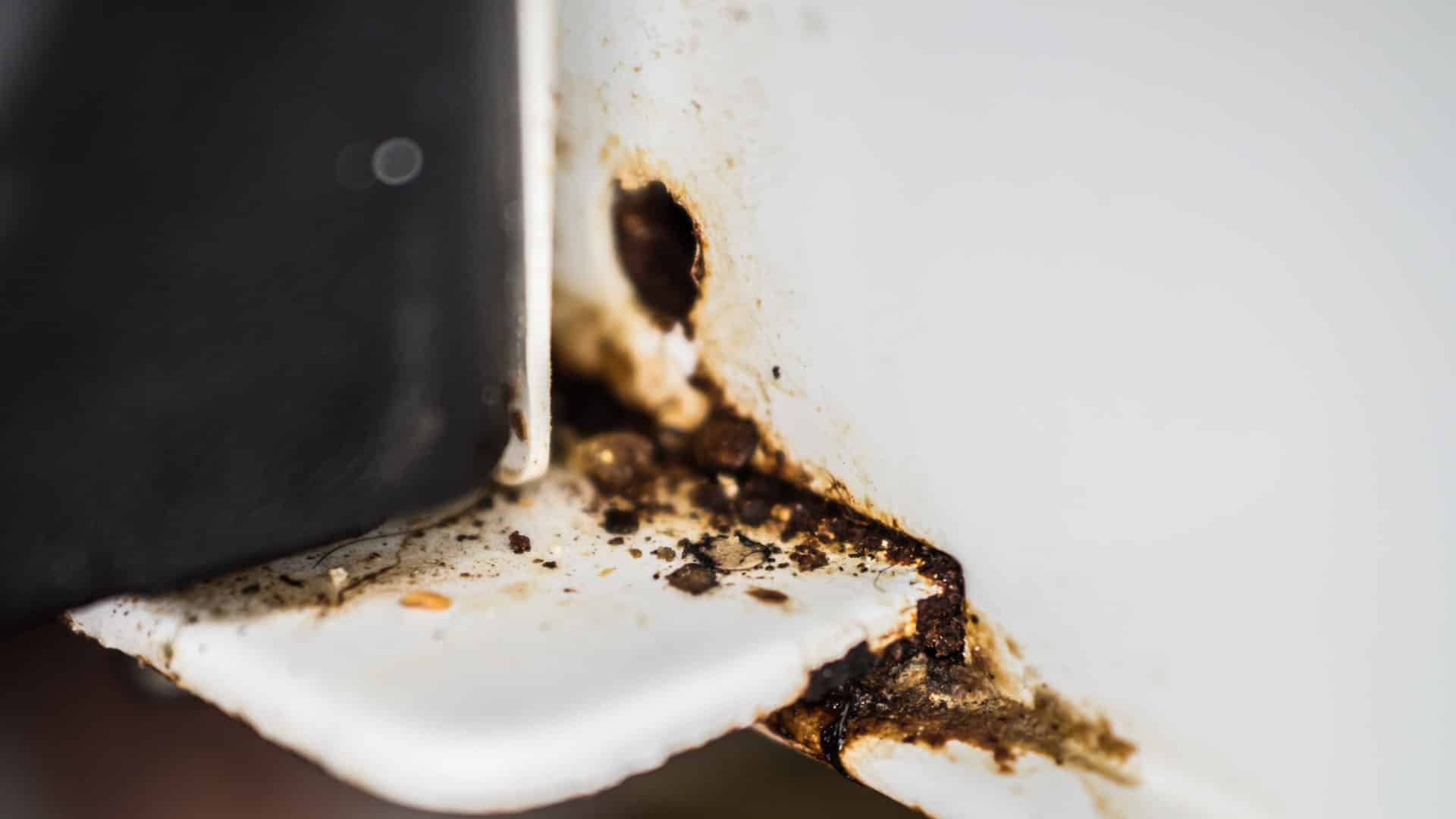
Rust Inside Microwave: Causes, Fixes, and Prevention Tips
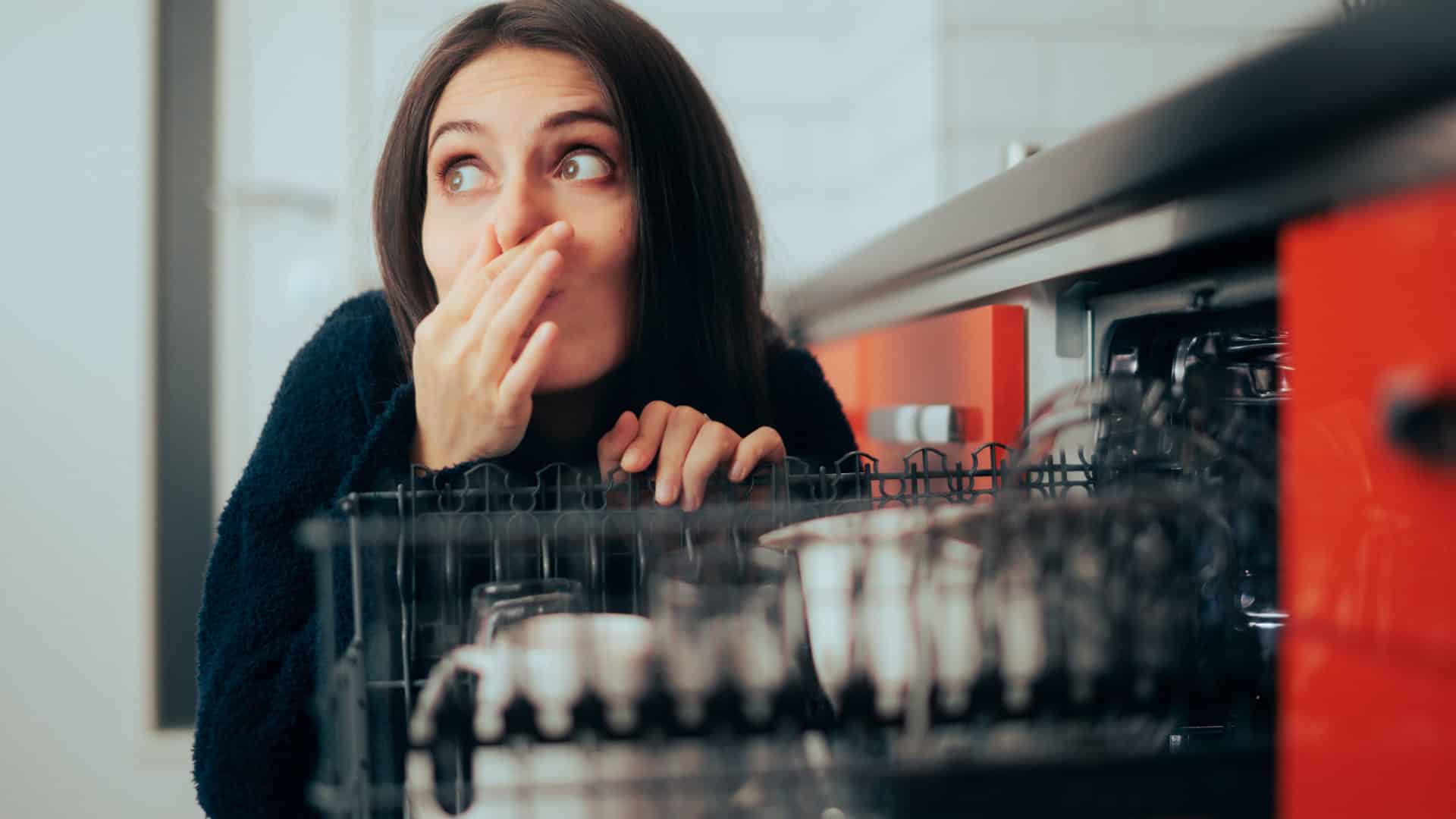
4 Ways to Get Smell Out of Dishwasher
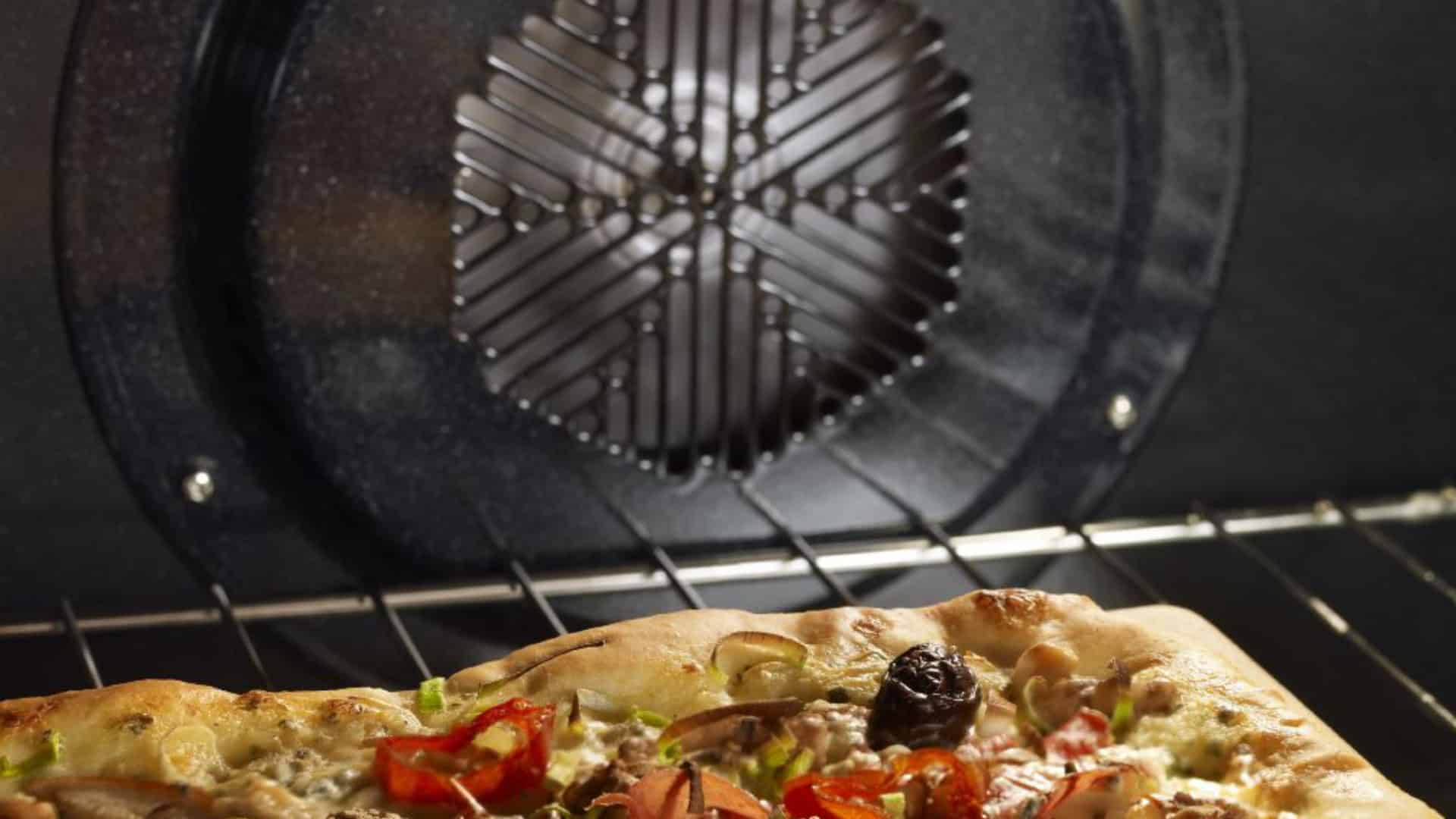
7 Steps to Fix a Whirlpool Oven Not Heating
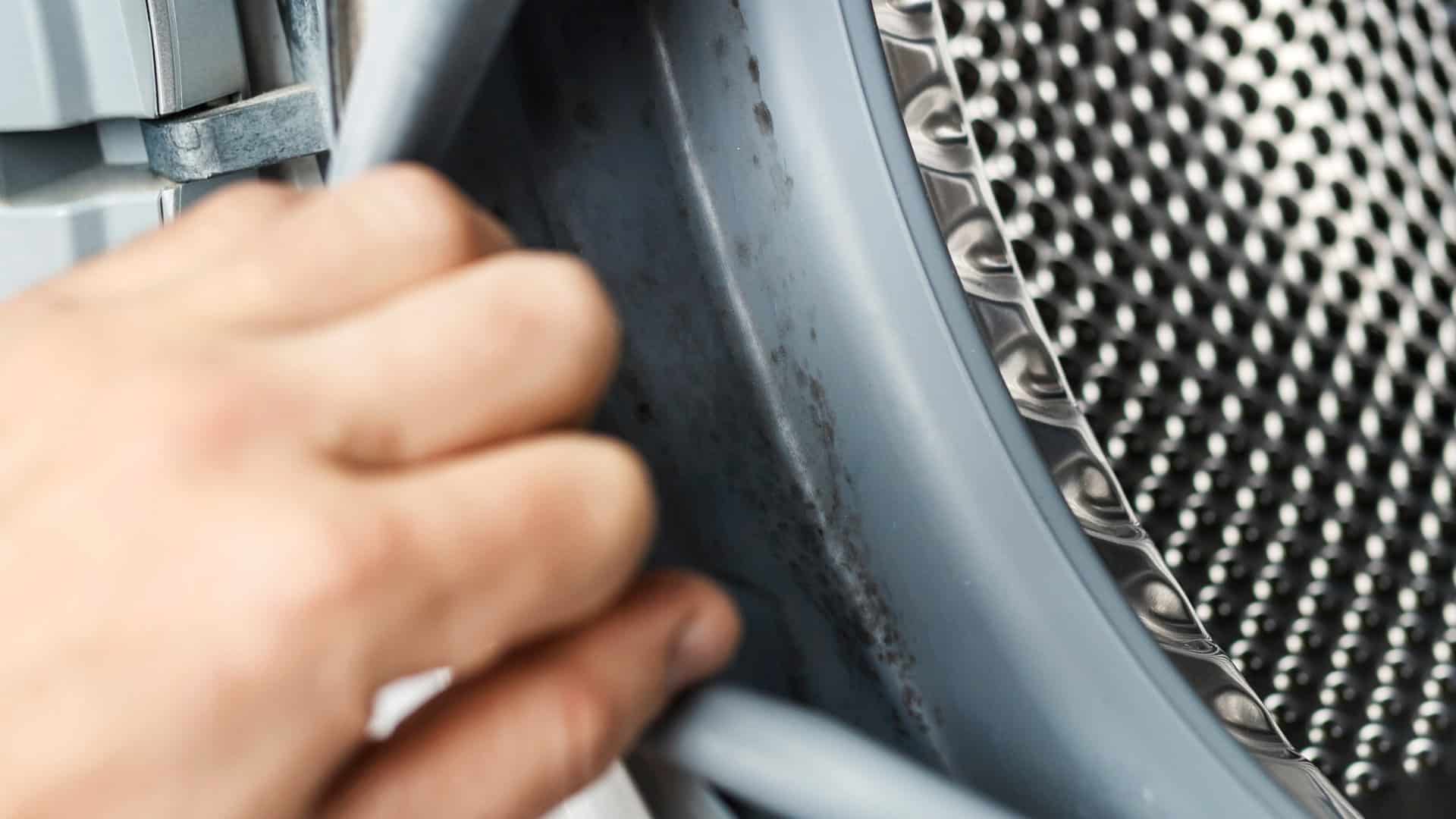
What to Do When Your Washing Machine Smells Like Rotten Eggs
